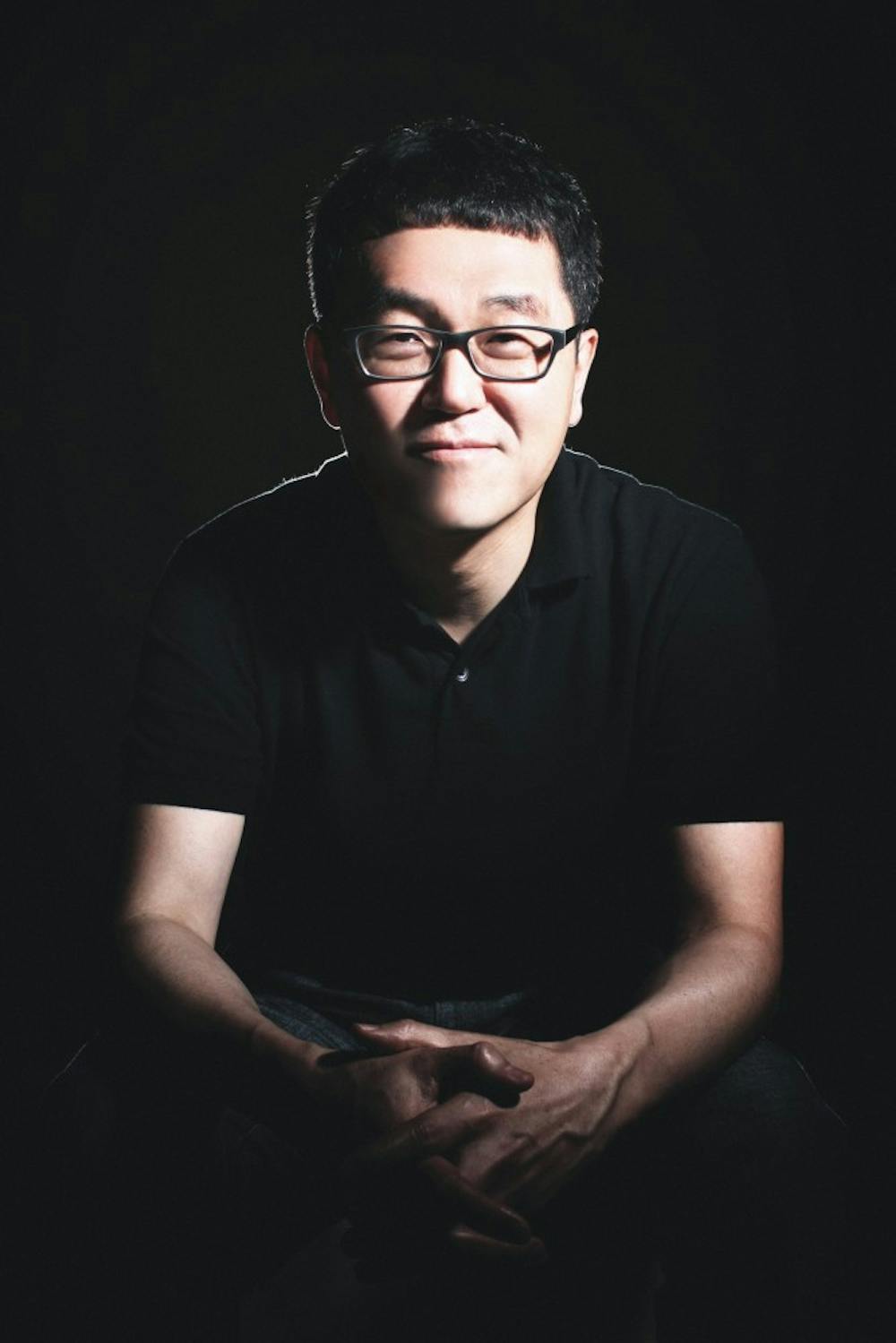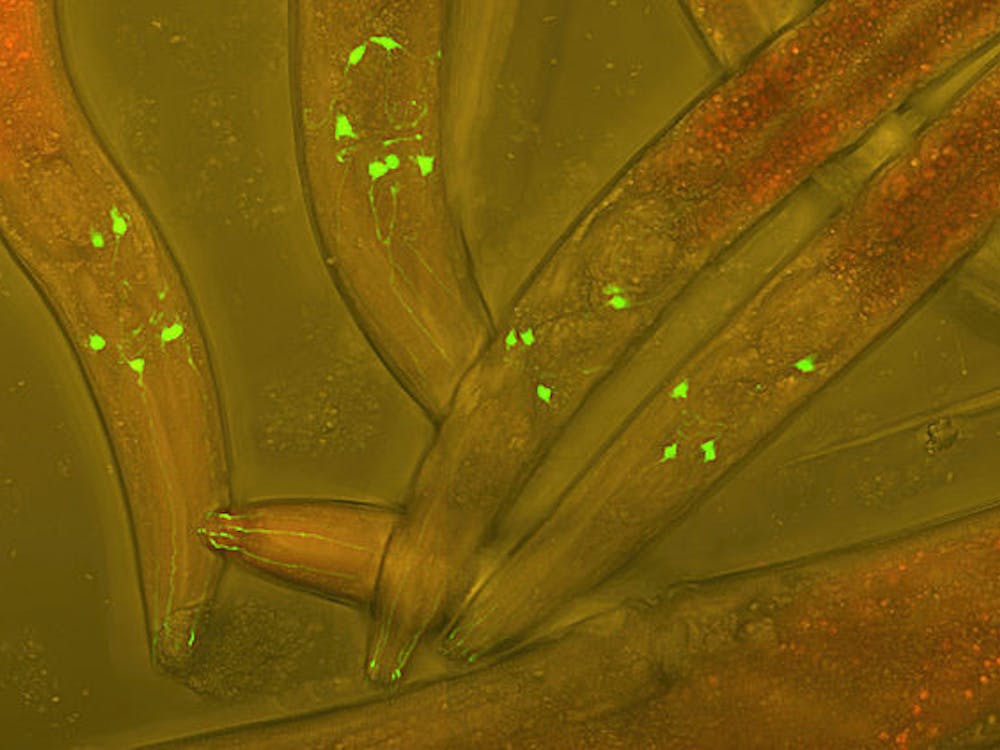Daeyeol Lee, a Bloomberg Distinguished Professor of Neuroscience and Psychological and Brain Sciences, researches neuroeconomics in order to understand the neural mechanisms of decision making. Lee joined Hopkins last year. Primarily, he works at the Krieger Mind/Brain Institute.
Lee began his academic journey in economics before integrating his knowledge with the biological sciences. He cited two turning points in his academic career: first, when he gave up economics, and second, when he beagn his research in neuroeconomics. In an interview with The News-Letter, Lee explained how he was drawn to the study of human decision-making early in his undergraduate career.
“I became skeptical about classical economic approach relatively early during my freshman year, because the assumption that humans are rational and their choices always maximize utility was not convincing to me,” Lee wrote.
“I was much more attracted to psychological research that tries to find out how people actually behave, rather than how they should behave.”
During his time as an undergraduate, Lee developed an interest in biological psychology and decided to study it further. As a graduate student, his early work in vision research helped him develop a strong background in sensory perception. As a postdoctoral researcher, he studied motor systems, which helped lay a foundation for his current studies. Lee explained how working in both of these fields prepared him for the work he does now.
“When some neuroscientists started asking how the brain makes decisions by applying economic and psychological theories, I was ready.”
Lee explained that, despite initial anxiety, the risk involved in switching fields was motivating.
“Switching fields is always risky, because you might miss something everyone in the field you are switching to already knows. You have to learn new methods and terminology.”
But according to Lee, the prospect of coming up with new questions no one else has is one of the most exciting things about his work and the hallmark of a good scientist.
“I always try to look for a new question. I think this is something all good scientists do, although everyone who does it is not necessarily always successful.”
Lee recalled one of his most exciting moments in his research — when he decided to observe the way monkeys chose against computer-simulated opponents in a game.
For students interested in engaging in interdisciplinary work, Lee’s advice is to not be intimidated and to be open to taking risks. He explained his belief in the value of studying across fields in economic terms.
“Marginal knowledge (in an economic sense) might diminish, so you might maximize your knowledge if you study multiple disciplines,” he wrote.
Currently, Lee is working on several projects. In one, he studies how animals make decisions between different reward sequences. For some cases, total reward might be distributed in either an increasing or decreasing amount over time.
“How do neurons in our brain evaluate such different reward sequences and enable us to choose one of them?” he wrote.
In another project, he tests the influence of low-dose ketamine, a proven treatment for depression, on the activity of neurons in the prefrontal cortex in mediating positive or negative outcome effects on behavior.
In his work, Lee also utilizes methods drawn from computational neuroscience in neural coding.
“We are conducting experiments to understand how numerical quantities important for... decision making are encoded and manipulated in the brain,” he wrote.
Lee is currently scheduled to have his book The Birth of Intelligence released soon in English. He explained how this project enlightened him.
“Writing a book gives you an opportunity to study and examine carefully many things you thought you knew,” he wrote. “Many times this makes you realize you were wrong, which is a very rewarding experience to have privately.”
In his book, Lee uses the information he has gained through research to inform new dimensions of artificial intelligence. He explained his hope that comparing the relationship between artificial and human intelligence will help readers understand distinctions between artificial intelligence (AI) and biological intelligence.
“A main thing I want people to realize from my book is how different human and biological intelligence is from AI,” he wrote.
In the future, Lee plans to create a new class about the evolution of intelligence and the differences between AI and biological intelligence.
In his free time, Lee is a DJ and produces electronic dance music.
“Someday, I’d also like to teach a class on brain and music, so stay tuned!”





